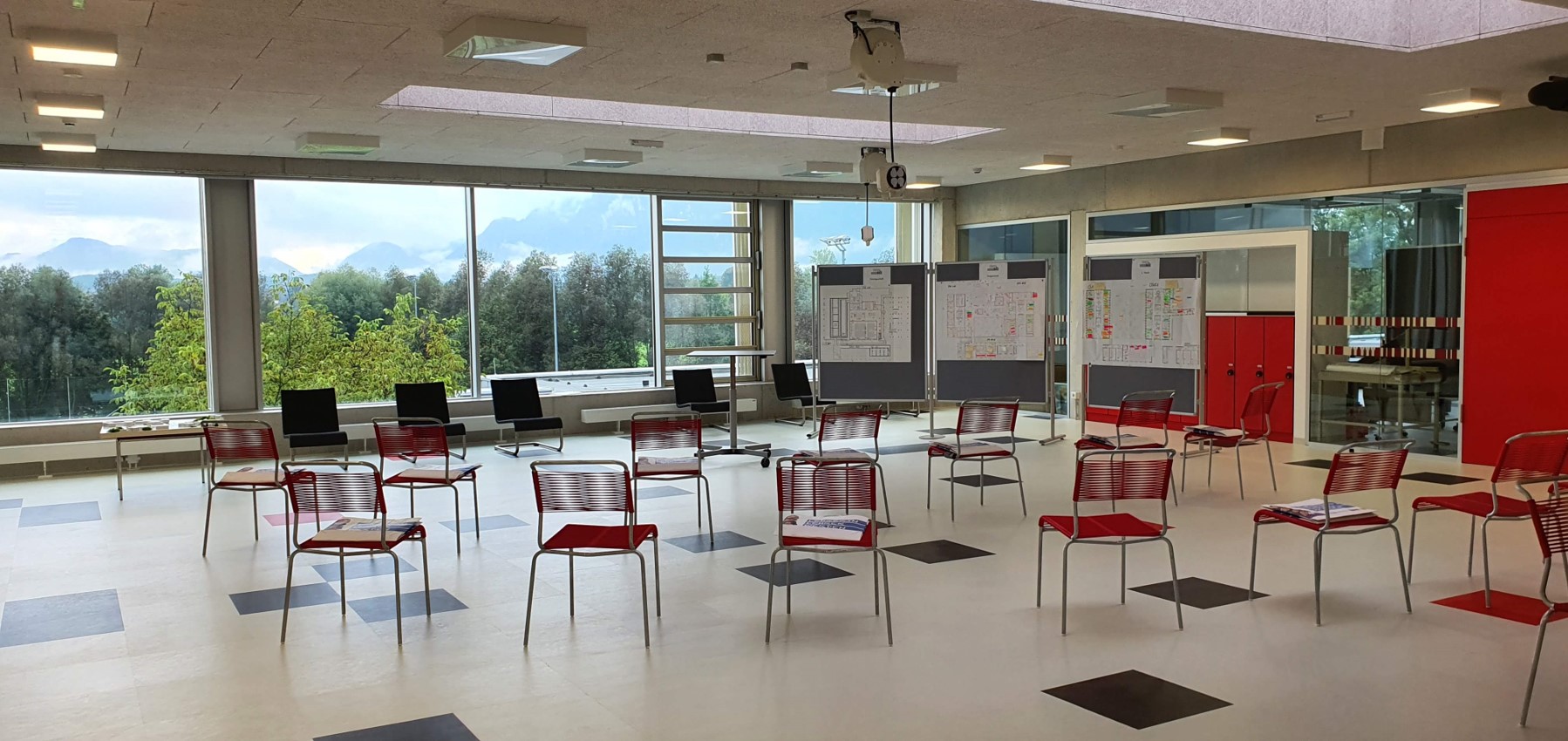British Council Jamie Dunlea Lecture: Transforming Language Assessment with AI-Powered Innovations
For most of the past two decades, large language testing companies have maintained a significant technological advantage over university departments and smaller organizations. With access to interdisciplinary teams spanning language assessment, computer science, and artificial intelligence, large-scale test publishers have led advancements in areas such as automated item generation (AIG), automated essay scoring (AES), and automated speech assessment. In contrast, university researchers and developers of local language assessments have often lacked comparable resources, and have, arguably, lagged behind in these critical areas.
However, recently we have witnessed a seismic shift in the technological landscape. The democratization of AI and computational resources — through publicly available massive corpora, affordable and scalable cloud computing (e.g. AWS), off-the-shelf foundation models (e.g. AWS Bedrock), deep learning libraries (e.g. TensorFlow), and open-source large language models (e.g. LLaMA, DeepSeek) — has made sophisticated tools more accessible than ever before. These developments present an unprecedented opportunity for university-based researchers, long proficient in advanced statistical and psychometric analyses, to reclaim leadership in language assessment technology and innovation.
This presentation examines the skill sets, tools, and strategies that university researchers must adopt to harness these advancements. As institutions increasingly develop local language assessments tailored to their specific contexts, embracing these technologies can not only modernize test development, administration, and validation but also reposition universities to the forefront of transformative change in language assessment.
Alistair Van Moere
Alistair is President at MetaMetrics Inc, and Research Professor at The University of North Carolina at Chapel Hill. He drives innovation in educational AI and assessments, guarantees the validity of test scores for 35 million students every year, and helps over 100 organizations make sense of educational metrics. Previously, he was President of the division in Pearson that provided AI scoring services for dozens of assessments and speaking and writing programs. He also oversaw development and delivery of standardized assessments for tens of millions of learners. Alistair has worked as a teacher, examiner, director of studies, university lecturer, and EdTech executive, in the US, UK, Japan, and Thailand. He has an MA in English Language Teaching and MBA from Warwick Business School. His PhD from Lancaster University won the Jacqueline Ross TOEFL award for best dissertation in language testing. He is frequently an invited speaker at conferences and has authored over 20 research publications with a focus on educational technology and language assessments.

Keynote: A CALL for data-informed focus-on-form practice - Intelligent Language Tutoring System as the key to personalized and adaptive learning?
Effective foreign language learning requires a balanced focus on both language forms and communicative competence, achieved through targeted practice and personalized feedback. Given the constraints of limited classroom time and resources for individualized instruction, digital applications such as Intelligent Language Tutoring Systems (ILTS) offer promising solutions to support language learners through adaptive, data-driven instruction. These systems leverage artificial intelligence and natural language processing to deliver tailored feedback, adaptive exercise selection, and learner dashboards that track progress, thereby facilitating more personalized learning experiences. This keynote addresses the theoretical underpinnings of communicative language learning, emphasizing the role of feedback and scaffolding in the learning process, followed by a critical evaluation of the potential, challenges, and limitations of ILTS. Drawing on the I4S (Interact for School) project, funded by the German Ministry of Education, this presentation reports on the implementation of the ILTS FeedBook across 36 seventh-grade English classrooms in Germany from 2020 to 2023. The I4S project investigates key aspects of digital language education, including the impact of digital feedback on learner motivation, the relationship between digital tools and language development, and the evolving role of teachers in technology-enhanced environments. This talk highlights selected findings from the I4S studies and explores future research directions in the integration of ILTS into foreign language instruction. The overarching goal is to understand how the use of ILTS reshapes language practice, its impact on language development, and how form-focused practice with intelligent systems can be meaningfully integrated into the classroom to foster more personalized and effective learning environment.
Torben Schmidt
Torben Schmidt has been Professor of Teaching English as a Foreign Language at Leuphana University in Lüneburg, Germany, since 2011. His research interests focus on project-based learning, task-based language learning, and foreign language learning with digital media (e.g., digital games, intelligent tutoring systems, AI-supported learning and teaching). From 2018-2024 he was the founder and director of the Future Center of Teacher Education at Leuphana University and coordinator of the Lüneburg project of the Initiative for Excellence for Teacher Education funded by the Germany Ministry of Research and Education. He is the editor and author of a middle-level textbook series and the developer of various learning apps. Professor Schmidt is a two-time winner of the Hans-Eberhard Piepho Prize and was awarded the “Germany—Land of Ideas” prize in 2015 for his blended learning project, “Going Green—An Educational Project for Sustainability.” Over 8000 students from 408 German EFL classrooms participated in his 2024 U.S. Embassy School Election Project.








